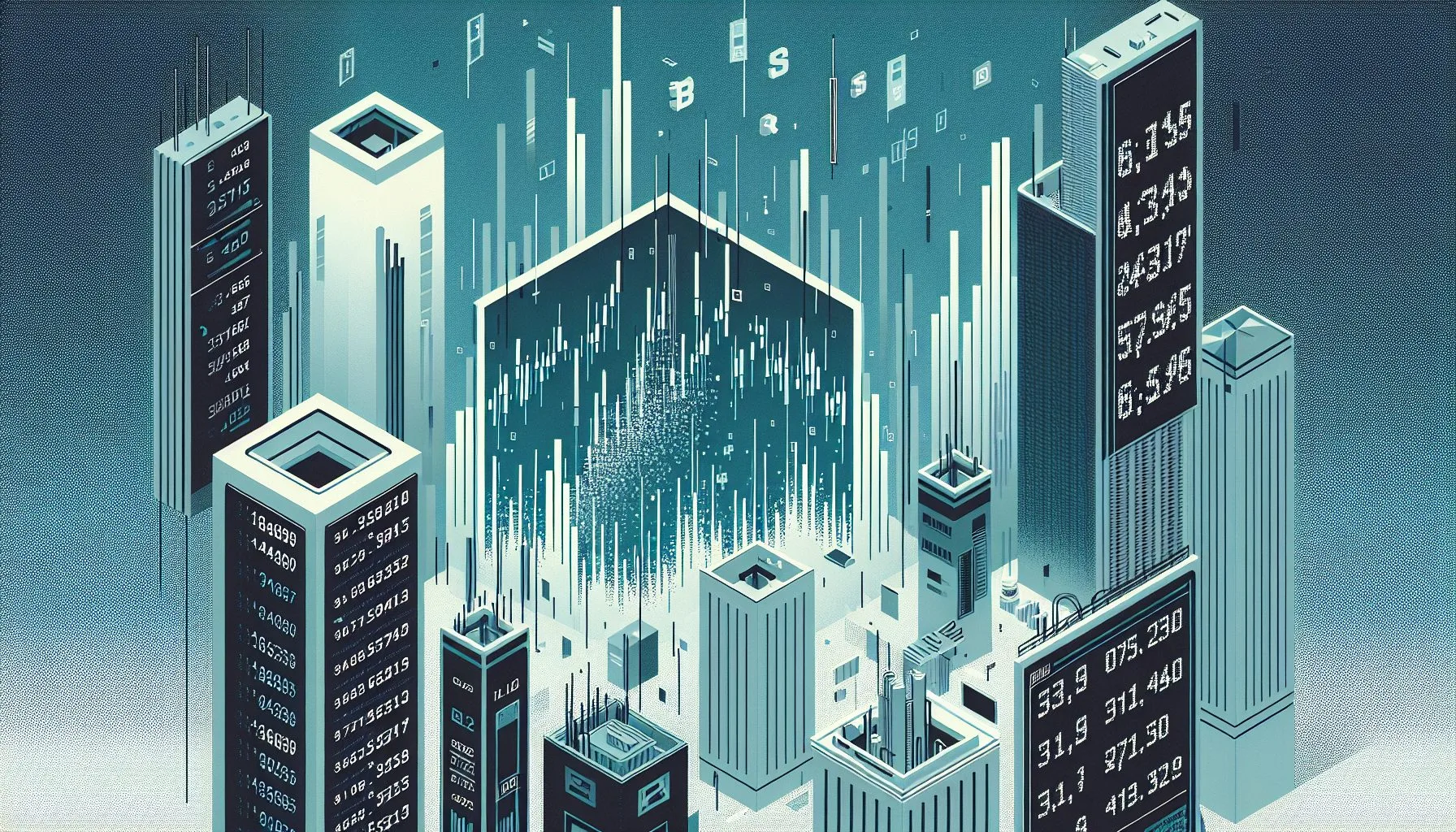Interesting Facts
Why Is Twitter Delisted? Understanding the Shift Behind the Headlines
On November 8, 2023, Twitter, a platform integral to global digital communication, was suddenly delisted from the New York Stock Exchange (NYSE). This surprising shift was driven by Elon Musk’s decision to take Twitter private, ending its status as a publicly traded company. But what does this delisting really mean for the company, investors, and users? For an in-depth look at the acquisition details, you can refer to the Acquisition of Twitter by Elon Musk article on Wikipedia.
From Public to Private: What Does It All Mean?
To understand Twitter’s delisting, it’s essential to grasp the difference between public and private companies. Public companies have shares traded openly on stock exchanges like the NYSE, allowing anyone to buy or sell shares. This setup ensures transparency, regular financial reporting, and accountability to shareholders.
Before November 2023, Twitter operated as a public company with shares accessible to global investors, closely monitored for growth, revenue, and profitability. However, when Elon Musk took Twitter private, the company’s shares ceased public trading. This privatization ended daily stock market activities and the regulatory scrutiny that comes with being public, marking a major turning point in Twitter’s history. For details about the delisting process, this report on Cointelegraph provides useful insights.
Why Take Twitter Private?
Taking a company private offers freedom from the constant pressure of meeting shareholder expectations and regulatory requirements. Public companies must engage in quarterly earnings calls, disclose detailed financials, and cater to market demands. In contrast, private companies operate with greater flexibility and less public scrutiny.
For Elon Musk, privatizing Twitter was about gaining full control to pursue his vision without the constraints imposed by shareholders or Wall Street’s short-term focus. Think of it like buying out many owners of a large house to renovate freely—this autonomy comes with both opportunities and challenges. To learn more about the services supporting transactions like this, see ViralAccounts’ escrow service.
How Does This Affect Investors?
Investors who previously held Twitter shares faced a sudden change—they could no longer trade publicly. Their stakes shifted from liquid, transparent holdings to private shares that are harder to value and sell. Typically, privatization involves a buyout offer to compensate shareholders at privatization; Elon Musk’s team provided a price deemed fair to facilitate this transition.
Boost Your Social Media Influence with Expert Services
What About Twitter Users? What’s the Real Impact?
At first, the delisting appeared purely financial without immediate effects on the user experience. Twitter’s interface and functionalities remained. Yet, the company’s internal priorities and structure shifted significantly. Freed from quarterly shareholder pressures and regulatory oversight, Musk gained flexibility to innovate rapidly, reshape policies, and implement changes announced directly via his personal Twitter account. This close alignment between corporate leadership and social media presence is unprecedented. For users who want to grow their social presence, platforms like ViralAccounts’ buying service can be worth exploring.
A Broader Trend in Tech and Finance
Twitter’s privatization reflects a growing trend where tech companies opt for privacy to drive innovation and circumvent regulatory constraints. NYSE rules demand transparency and frequent reporting to the SEC, which can stifle rapid decision-making. Musk’s takeover represents a bold step into less charted territory, trading open scrutiny for swift, personalized control.
The Power and Peril of Elon Musk’s Twitter Account
Musk’s prolific Twitter activity blurs lines between CEO and social media influencer. His tweets mix business updates, personal views, humor, and controversies, fostering direct connection but also inviting intense public scrutiny, highlighting the platform as a mirror of his leadership style.
The Role of Twitter in Society: Innovation vs Responsibility
Twitter serves as a modern public square, fostering free expression and debate. Privatization reduces external oversight, concentrating control and accountability on the owner. Musk’s challenge is to balance innovation with responsibility in governing a space crucial for democratic discourse.
Lessons from the Past
History shows privatization can help companies reset and innovate, but also increase uncertainty and opacity in governance and valuation. For Twitter, a symbol of open public conversation, going private is a profound transformation reflecting broader shifts in tech, business, and culture.
What Comes Next?
Twitter’s future remains uncertain—privatization could ignite groundbreaking changes or lead to challenges from reduced transparency and concentrated control. Users may not immediately perceive these shifts, but each tweet resonates with deeper stories of ownership and power in digital communication.
Understanding the Delisting Helps Us See the Bigger Picture
Twitter’s delisting is more than a stock market event; it offers insight into how leadership and strategy shape platforms influencing public discourse. Whether Musk’s vision elevates or complicates Twitter’s role, it underscores the complex interplay of technology, finance, and society today.
Next time you see a tweet or hear “Twitter” in the news, remember: beneath the blue bird icon is a company navigating profound change driven by market forces, personal ambition, and evolving freedom of expression.
What does it mean when Twitter is delisted?
Twitter’s delisting means it is no longer a publicly traded company on the NYSE, transitioning to private ownership and ending regular public share trading and reporting requirements.
How does privatizing Twitter affect its users?
Privatization mainly affects company governance and strategic decisions, potentially leading to faster innovation but also less transparency. User experience might not change immediately but could be influenced by the new management style.
Why did Elon Musk decide to take Twitter private?
Elon Musk privatized Twitter to gain full control, avoid shareholder pressures, and pursue his vision for the platform without the constraints of public market scrutiny.

